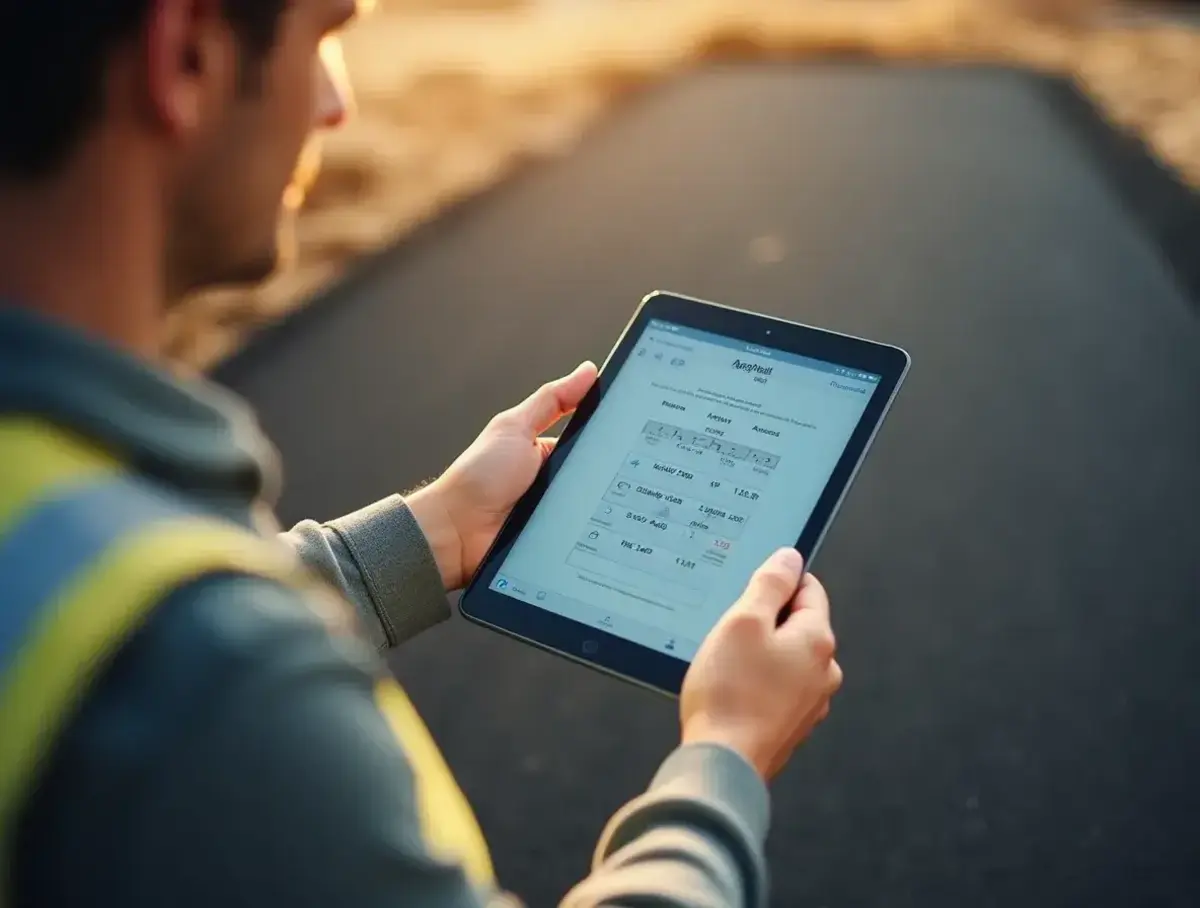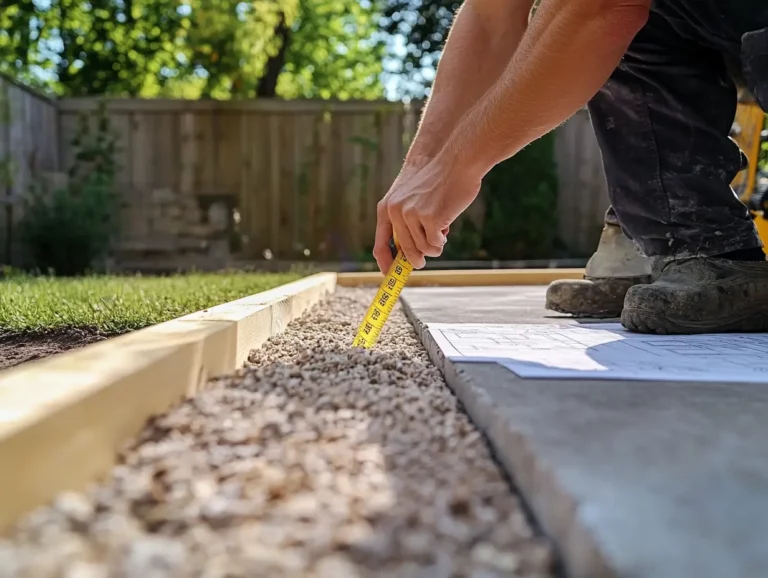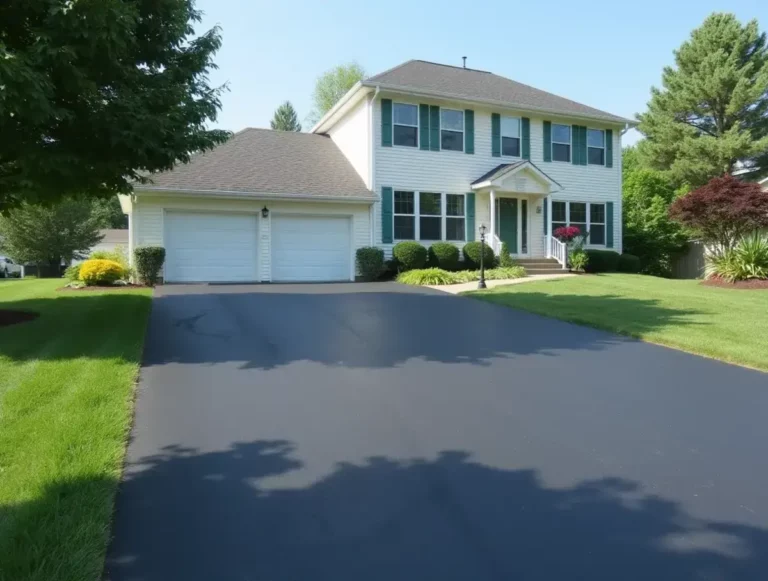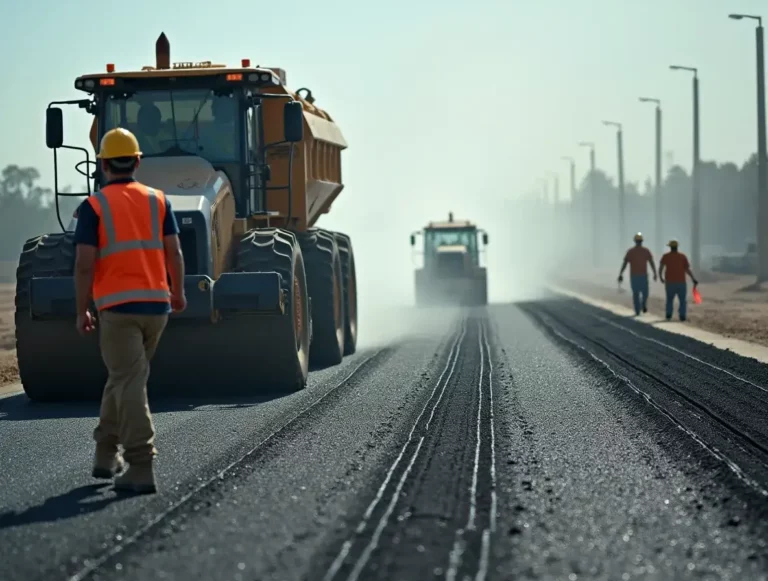Are you planning a driveway resurfacing, parking lot installation, or any project requiring asphalt paving? One of the most challenging aspects of these projects is determining exactly how much material you’ll need. Estimating incorrectly can lead to costly mistakes – either wasting money on excess materials or facing delays due to shortages. This is where a blacktop calculator becomes your most valuable planning tool.
A blacktop calculator helps property owners, contractors, and DIY enthusiasts accurately estimate the amount of asphalt needed for paving projects. By providing precise measurements based on your project dimensions, these calculators eliminate guesswork and help you budget more effectively. With the right calculations, you can approach your paving project with confidence, knowing you’ve planned for the exact amount of materials required.
Table of Contents
Understanding the Blacktop Calculator: Your Project Planning Assistant
The blacktop calculator is a specialized tool designed to convert your project’s measurements into the exact amount of asphalt material required. Most calculators work by taking your project’s length, width, and desired thickness to calculate volume, which is then converted to weight (typically in tons).
Using a blacktop calculator offers numerous benefits:
- Prevents costly over-ordering or inconvenient under-ordering
- Helps create accurate project budgets
- Reduces material waste
- Allows for better scheduling with suppliers and contractors
- Provides documentation for project planning and permits
For immediate assistance with your calculations, the free calculator tools at asphaltcalculator.co offer user-friendly interfaces that make estimating your blacktop needs quick and simple.
The Science Behind the Calculations
Understanding how blacktop calculators work helps ensure you’re getting accurate estimates. Here’s a breakdown of the formulas most commonly used:
Area Calculation
First, the calculator determines the total area to be paved:
- For rectangular areas: Area = Length × Width
- For circular areas: Area = π × (Diameter/2)²
- For irregular shapes: Break into regular shapes, calculate each area, then add them together
Volume Calculation
Next, the calculator determines volume based on your desired thickness:
- Volume (cubic feet) = Area (square feet) × Thickness (feet)
- Note: Thickness is often entered in inches, so the calculator converts this to feet (thickness in inches ÷ 12)
Weight Conversion
Finally, the calculator converts volume to weight:
- Asphalt typically weighs 145-150 pounds per cubic foot
- Weight (tons) = Volume (cubic feet) × 150 ÷ 2000
For example, if you’re paving a 500 square foot driveway at 3 inches thick:
- Volume = 500 × (3 ÷ 12) = 125 cubic feet
- Weight = 125 × 150 ÷ 2000 = 9.375 tons
Most professional-grade blacktop calculators automatically factor in a compaction rate (typically 15-20%), as asphalt compresses during installation.
How to Use a Blacktop Calculator Effectively
To get the most accurate results when using a blacktop calculator, follow these steps:
- Measure carefully: Use a measuring tape to get precise length and width measurements. For irregular areas, break the space into geometric shapes and measure each separately.
- Determine appropriate thickness: Residential driveways typically require 2-3 inches of asphalt over a proper base, while commercial parking lots may need 4+ inches. Consult local guidelines or a contractor for recommendations based on your climate and expected traffic.
- Account for compaction: Remember that asphalt compacts during installation. Most calculators factor this in, but if not, add 15-20% to your calculated amount.
- Consider waste factor: Add 5-10% to your final calculation to account for spillage, waste, and irregularities in the installation area.
- Double-check your inputs: Small measurement errors can significantly impact your material needs, so verify all numbers before finalizing your order.
The free calculators at asphaltcalculator.co guide you through each of these steps, ensuring you get the most accurate estimate possible.
Key Factors Affecting How Much Blacktop You Need
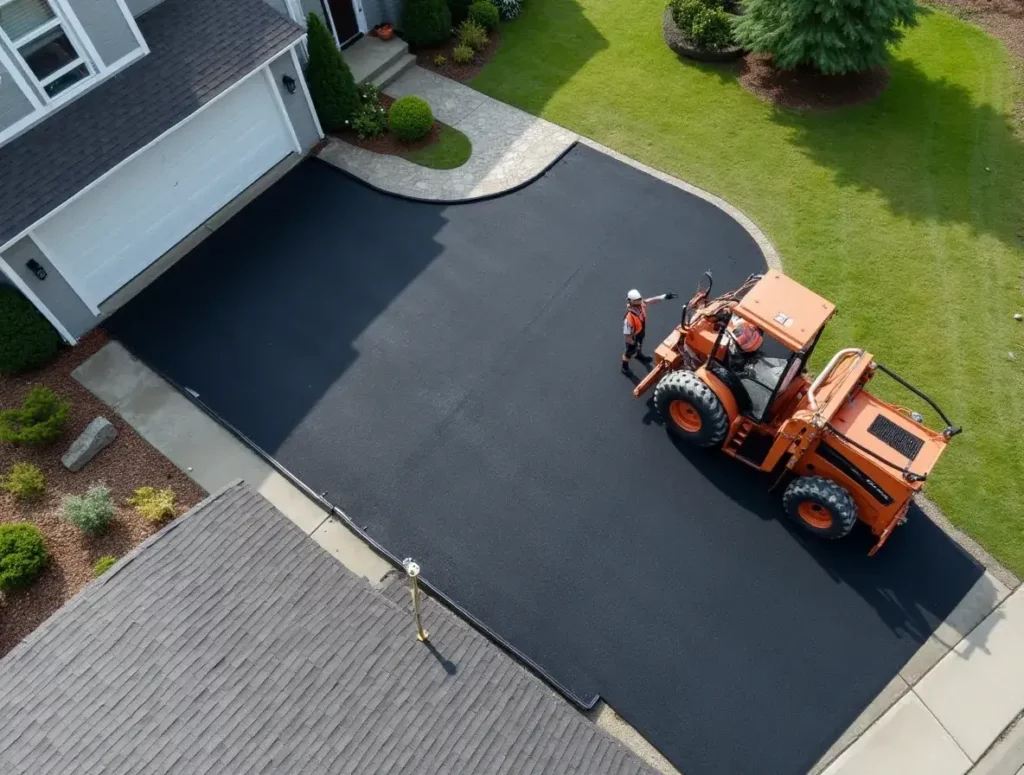
Several important factors influence the amount of blacktop required for your project:
1. Thickness Requirements
The required thickness varies based on:
- Traffic load: Heavier traffic requires thicker asphalt
- Climate conditions: Freeze-thaw cycles demand more durable installations
- Subgrade quality: Soil conditions affect base requirements
- Project type: Commercial projects typically require thicker application than residential
Project TypeRecommended ThicknessResidential Driveway2-3 inchesCommercial Parking3-4 inchesHeavy-Duty Industrial4-6 inches
2. Base Materials
A proper base is essential for asphalt longevity:
- Aggregate base: Usually 4-8 inches of crushed stone
- Soil conditions: May require additional preparation or materials
- Drainage requirements: Proper slope and drainage affect material needs
3. Compaction Rates
Asphalt compacts during installation:
- Hot-mix asphalt typically compacts 15-20%
- Proper compaction is essential for durability and performance
- Calculators should account for this compression factor
Understanding Blacktop Costs
When budgeting for your project, the blacktop calculator helps you estimate material costs, but remember that several factors influence the final price:
- Material quality: Premium mixes cost more but offer better durability
- Project size: Larger projects often have lower per-ton costs
- Location: Transportation distances affect pricing
- Season: Prices may fluctuate based on demand and time of year
- Installation complexity: Slopes, curves, and obstacles increase labor costs
Beyond materials, budget for:
- Site preparation
- Base materials
- Labor costs
- Equipment rental (if applicable)
- Permits and inspections
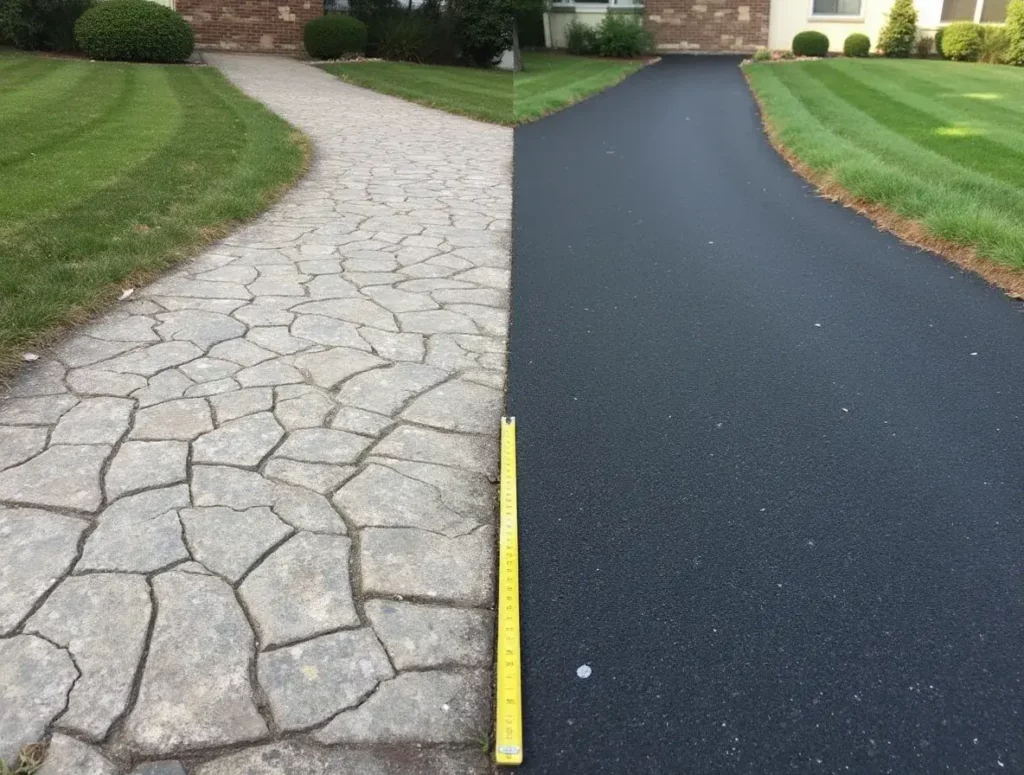
Frequently Asked Questions About Blacktop Calculation
How much blacktop do I need for a standard two-car driveway?
A typical two-car driveway (20′ × 20′) with 3″ thickness requires approximately 7.5 tons of asphalt. However, your specific needs may vary based on local requirements and conditions.
How accurate are blacktop calculators?
Quality calculators like those found at asphaltcalculator.co provide very accurate estimates when supplied with precise measurements and appropriate thickness specifications.
Should I order extra blacktop beyond what the calculator recommends?
It’s prudent to add 5-10% to account for waste and unexpected factors. Running short during installation can create seams and weak points in your pavement.
How do I convert cubic yards to tons for asphalt?
One cubic yard of asphalt weighs approximately 2-2.4 tons. Most calculators perform this conversion automatically.
Can I use the same calculator for different types of asphalt mixes?
Yes, the volume calculation remains the same. However, different mixes may have slightly different weights, which might affect the tonnage calculation.
Plan Your Project with Confidence
Accurately calculating your blacktop needs is the crucial first step in any successful paving project. By using a reliable blacktop calculator and understanding the factors that influence material requirements, you can approach your project with confidence and avoid costly mistakes.
For the most accurate calculations and to ensure your project starts on solid ground, take advantage of the free, user-friendly calculators available at asphaltcalculator.co. These tools are designed to help property owners and contractors alike plan more effectively and execute more successful paving projects.
Whether you’re refreshing a residential driveway or planning a commercial parking lot, knowing exactly how much blacktop you need is the foundation of your project’s success.

